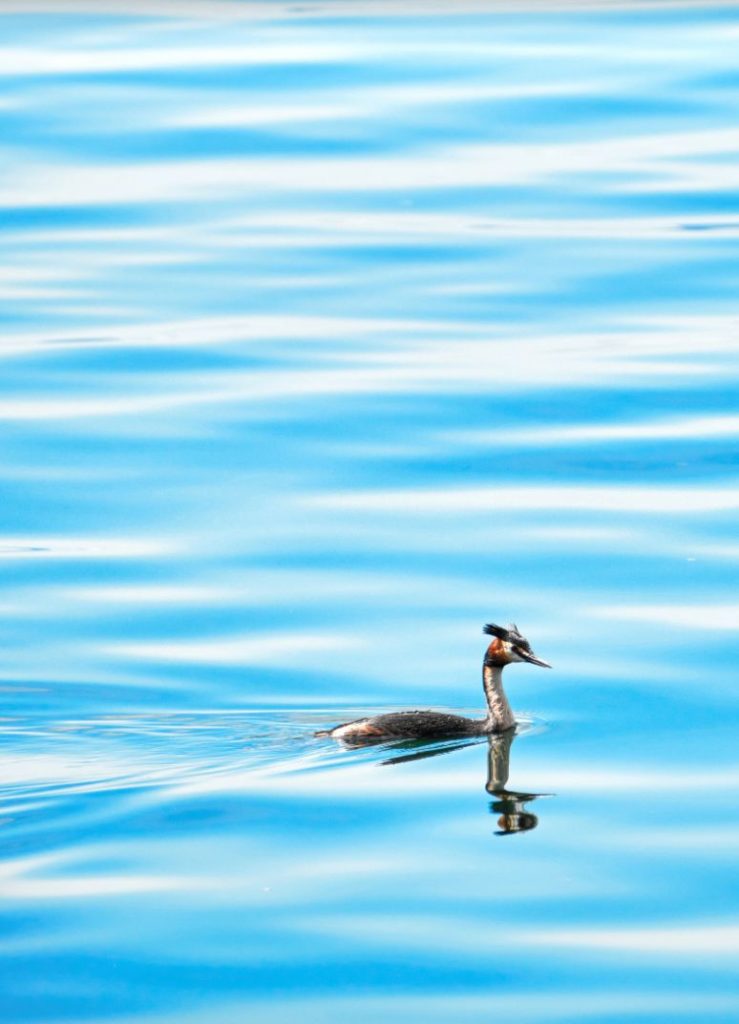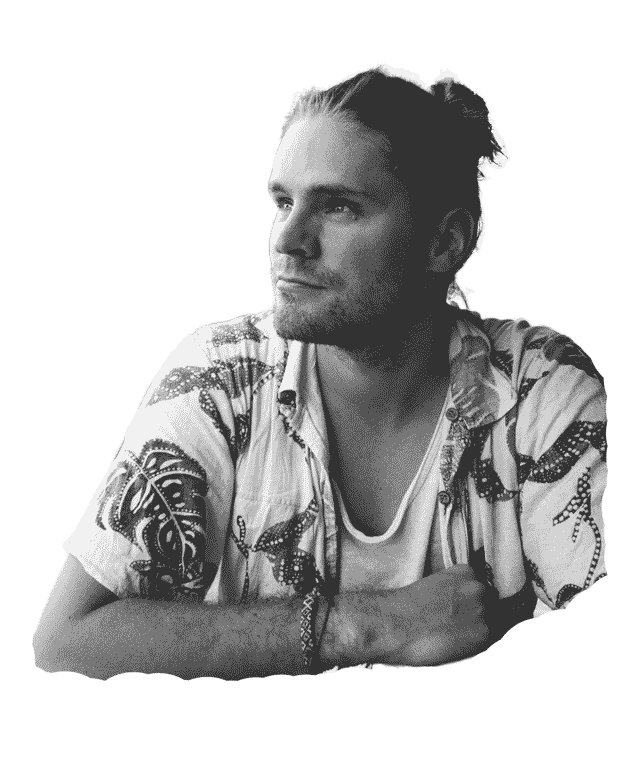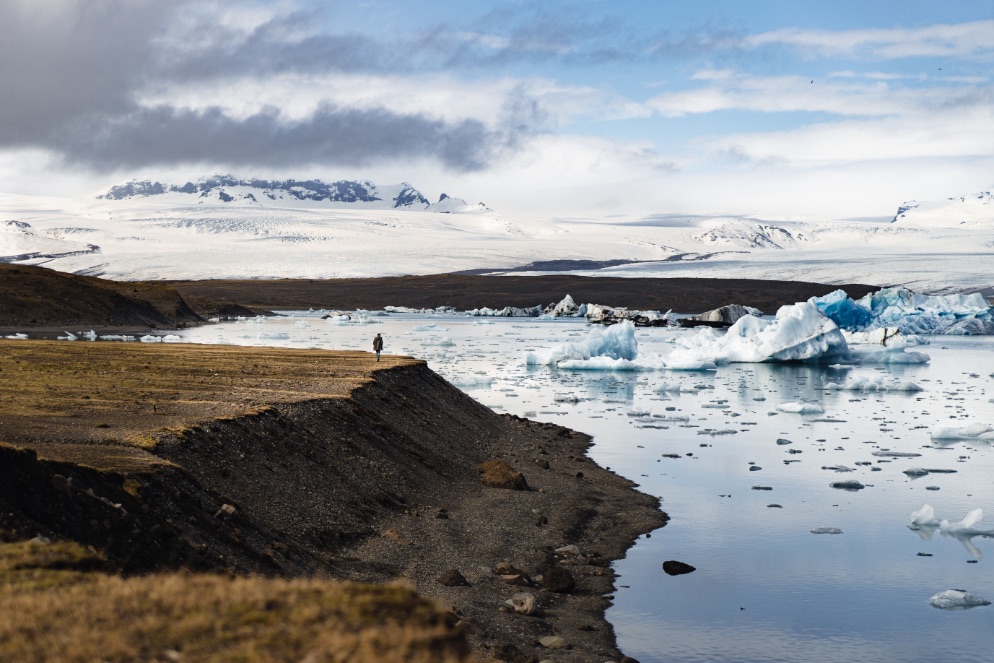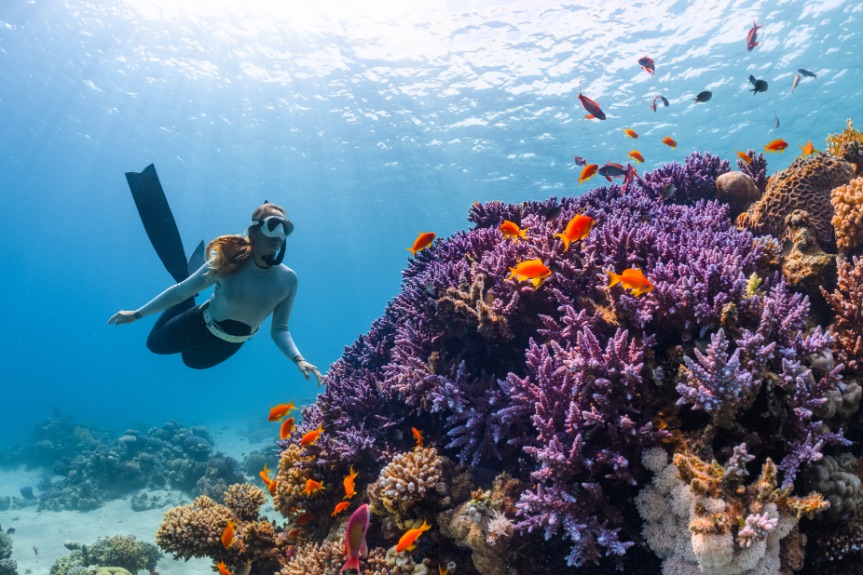Eco-anxiety is a jackass
This entire idea was born from my (Oliver) eco-anxiety. I wanted to create a way in which people like you & me can improve their mental fitness & help nature at the same time.



Your pain: dealing with eco-anxiety
Mental Health
The current state of the environment is taking a toll on your mental health.
Nobody cares
You feel like you are the only one caring about this.
Where to start
In this current climate there are so many problems, you dont even know where to start.

First thing, because this is important.
YOU are not alone!

How we want to
Help YOU transform your eco-anxiety into action

1. Built Up
Mental Fitness
Before going out and changing the world, we must start with ourselves.
Challenging the status quo is not easy and will take time. So we want to equip you with all the personal growth tools you will need.
After all, you are the engine behind the change, so let’s ensure it runs smoothly.
So that eco-anxiety won’t stay a chance.
2. Create
Positive Impact
Transform your eco-anxiety into action.
While working on yourself you have an automatic positive impact on nature.
- Directly by protecting 1 m² of nature per month
- Indirectly by learning more about nature, which you can then use to raise awareness


3. Join the
Movement
We set ourselves the ambitious goal to protect 1% of this planet for nature.
So we want you to be part of this mission.
Join us & other like-minded people that struggle with eco-anxiety, to channel our eco-distress in the best possible way.
4 Wildya Features
You will love
Nature protection
With every subscribed month, you protect 1m² in Australia forever
Inspiration from nature
Every course is inspired by a wild mentor

Measurable impact
No greenwashing, see exactly the positive impact you have
Events
Join our weekly events to connect with other like-minded nature lovers
What is eco-anxiety?
Eco-anxiety is still a new phenomena, so there are various definitions.
The most commonly used definition is this one from the American Psychological Association.
“The chronic fear of environmental cataclysm that comes from observing the seemingly irrevocable impact of climate change and the associated concern for one’s future and that of next generations.”
In simple words, anxiety which is significantly related to the ecological crisis.
What are some common emotions of eco-anxiety?
Some common emotions that people with eco-anxiety experience are helplessness, confusion, shock, trauma, shame or stress.
You can find a deeper insights in this great paper: Eco-Anxiety and Environmental Education.
What are symptoms of eco-anxiety?
While the experience of eco-anxiety can vary from person to person, here are five common symptoms that you may experience:
Persistent Worry: People with eco-anxiety often have ongoing concerns about the environment. They may constantly think about the state of the planet, the future of ecosystems, or the impact of human activities on nature.
Emotional Distress: Eco-anxiety can lead to a range of intense emotions, including sadness, fear, anger, guilt, and helplessness. Individuals may feel a deep sense of grief or despair in response to environmental issues.
Physical Symptoms: Some people may experience physical symptoms such as rapid heartbeat, shortness of breath, sweating, trembling, or digestive problems when thinking about or discussing environmental concerns. These physical manifestations are common with anxiety.
Preoccupation and Obsession: Individuals with eco-anxiety may find it difficult to stop thinking about environmental issues. They might spend excessive time researching, reading news articles, or discussing topics related to the environment, which can interfere with their daily lives.
Lifestyle Changes and Activism: Eco-anxiety can motivate individuals to make significant changes in their lifestyle, such as adopting sustainable practices, reducing their carbon footprint, or getting involved in environmental activism. They may feel a sense of urgency to take action to protect the planet.
It’s important to note that these symptoms can vary in intensity and duration for different individuals. If you or someone you know is experiencing distress due to eco-anxiety, seeking support from friends, family, or mental health professionals can be very beneficial.
Is eco-anxiety a medical condition?
Not yet. Eco-anxiety is currently not listed in the Diagnostic and Statistical Manual of Mental Disorders (DSM-5), meaning that doctors do not officially consider it a diagnosable condition.
But as mentioned before, this is a very new field and there is still much research that needs to be done.
What are other names for eco-anxiety?
There are many different words that are currently used interchangeably with eco-anxiety.
The most frequently used are: ecological anxiety, eco-distress, climate-anxiety, climate-distress, solastalgia, eco-anger, eco-grief & eco-guilt.
